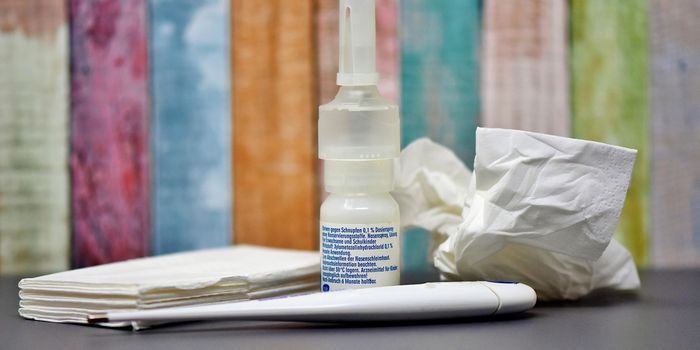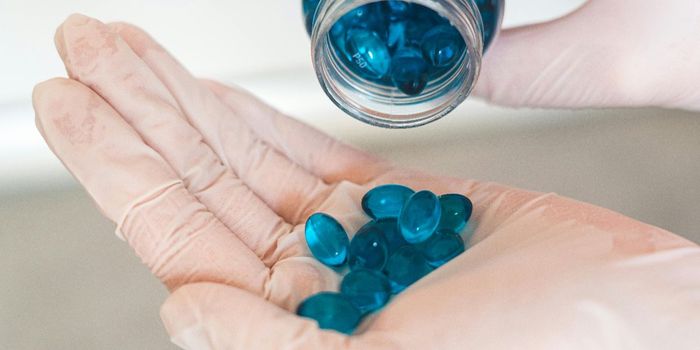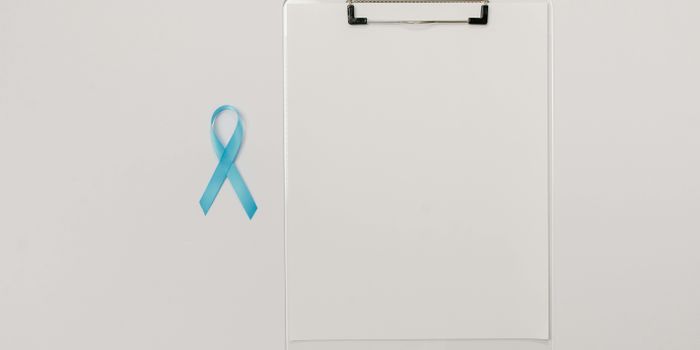Llama Antibody Prevents Infection by COVID-19
There's more to llamas than being livestock and hilarious companion animals. They also harbor an immune system capable of making antibodies that could effectively prevent infection by the coronavirus.
Over the course of the COVID-19 pandemic, many researchers have scrambled towards llamas for a therapeutic solution. Researchers from the University of Pittsburgh and the University of Texas, for example, have produced antibodies with their llamas that appear to be capable of preventing COVID-19. But why this animal and not another?
Camelids, a group of animals that includes camels, llamas, and alpacas produce a special type of antibody known as a nanobody. At around a tenth of the weight of human antibodies, they are also more stable and less expensive to produce, yet mimic their tips and arms. And it is these tips that play a crucial role in recognizing proteins on viruses, bacteria, and other antigens.
While research on these nanobodies is relatively new, they have already been shown as more effective than traditional treatments for thrombotic thrombocytopenic purpura, a rare blood disorder. As such, since the COVID-19 outbreak, researchers have tried to produce a llama nanobody that can act against the SARS-CoV-2 spike protein- the part of the COVID-19 virus that enables it to enter healthy cells via their ACE2 receptors.
For the present paper, researchers from the National Institutes of Health (NIH) immunized a llama called Cormac five times over 28 days with a purified version of the SARS-CoV-2 spike protein.
In doing so, they found that one of Cormac's nanobodies, now known as NIH-CoVnb-112, was able to bind to ACE2 receptors on healthy cells 2-10 times better than llama nanobodies produced elsewhere. These effects remained even when nanobodies were applied using a nebulizer, the kind of inhaler used by patients with asthma.
"Although we have a lot more work ahead of us, these results represent a promising first step," says Thomas J. Esparza, lead author of the study.
"With support from the NIH we are quickly moving forward to test whether these nanobodies could be safe and effective preventative treatments for COVID-19. Collaborators are also working to find out whether they could be used for inexpensive and accurate testing."
Sources: Neuroscience News, Nature









